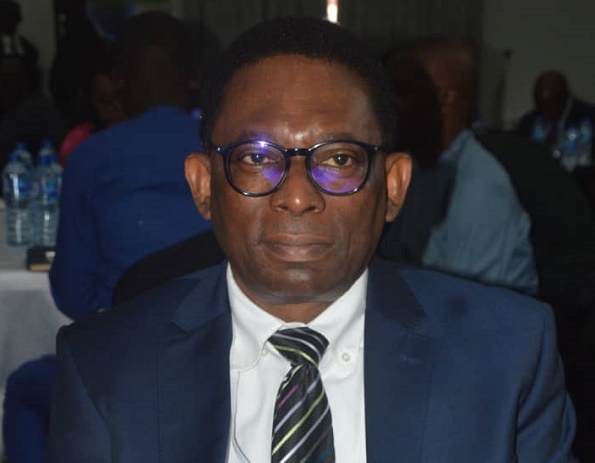Chief Executive Officer of Starburst Aviation, United Kingdom, Captain David Olubadewo, has advised the Federal Government to reconsider plans to decentralise the Nigeria College of Aviation Technology (NCAT), Zaria. He proposed, instead of decentralisation, the establishment of four new aviation schools strategically located in Nigeria’s South-East, South-West, North-Central, and North-East regions. Furthermore, he called for NCAT to be upgraded to a university like Embry-Riddle or affiliated with top aviation institutions in the United States.
According to Captain Olubadewo, NCAT is not just any institution. It is a designated International Civil Aviation Organisation (ICAO) Regional Centre of Excellence. He stressed that its existing structure, legacy, and recognition on the continent should not be disrupted. “NCAT, as it is, is wonderful. It’s one of the best in Africa, if not the best. Location-wise, everything about it is unique. It’s a centre of excellence,” he said.
He urged Minister Festus Keyamo to preserve and strengthen NCAT’s status rather than fragmenting its structure. Drawing from personal experience as a former pilot instructor at NCAT, Zaria, Olubadewo said, “I have worked there. I know what the school is about. It should be supported and upgraded, not split. Under the Minister’s watch, it can become a true aviation university and a legacy achievement.”
Highlighting the scale of Nigeria’s population and the limited number of training centres, Olubadewo insisted that creating four new aviation schools across different geopolitical zones would democratise access to aviation education. He said this would help include young Nigerians from diverse ethnic and economic backgrounds, especially those unable to afford training abroad.
“Let’s create four schools across the country,” he said. “We need more air traffic controllers, more pilots, more engineers, even more meteorologists. Not all of us can go overseas to study. We must train locally.”
Recalling his father’s journey, he shared how aviation dreams should not be limited by poverty. “My father didn’t have the money, but through ECWA missionaries, he became an aeronautical engineer. Why should money stop others now?”
He further lamented that aviation, like other sectors, is already affected by class distinction in Nigeria. “We shouldn’t limit the future of our children because they are poor,” he said. “If my father became an engineer without wealth, then every child should have a chance to dream of becoming a pilot.”
Captain Olubadewo warned that decentralising NCAT may lead to wasted resources. He predicted that future administrations could reverse the decision, rendering the process futile. “It makes no sense. In ten years, another minister will come and say, ‘merge them all again,’” he cautioned.
He proposed monetising NCAT’s operations to make it more self-reliant. In addition, he recommended that all aviation and allied government agencies be mandated to train personnel locally at NCAT, boosting revenue and building local capacity.
While acknowledging the role of the International Aviation College (IAC), Ilorin, he stressed it remains the only institution complementing NCAT. He called for immediate government investment and partnership to expand its capacity.
In summary, Olubadewo maintained that decentralising NCAT would dilute its value. Rather than splitting a world-class institution, he advised expanding Nigeria’s aviation training capacity through the creation of four new aviation schools and upgrading NCAT into a globally competitive university.























